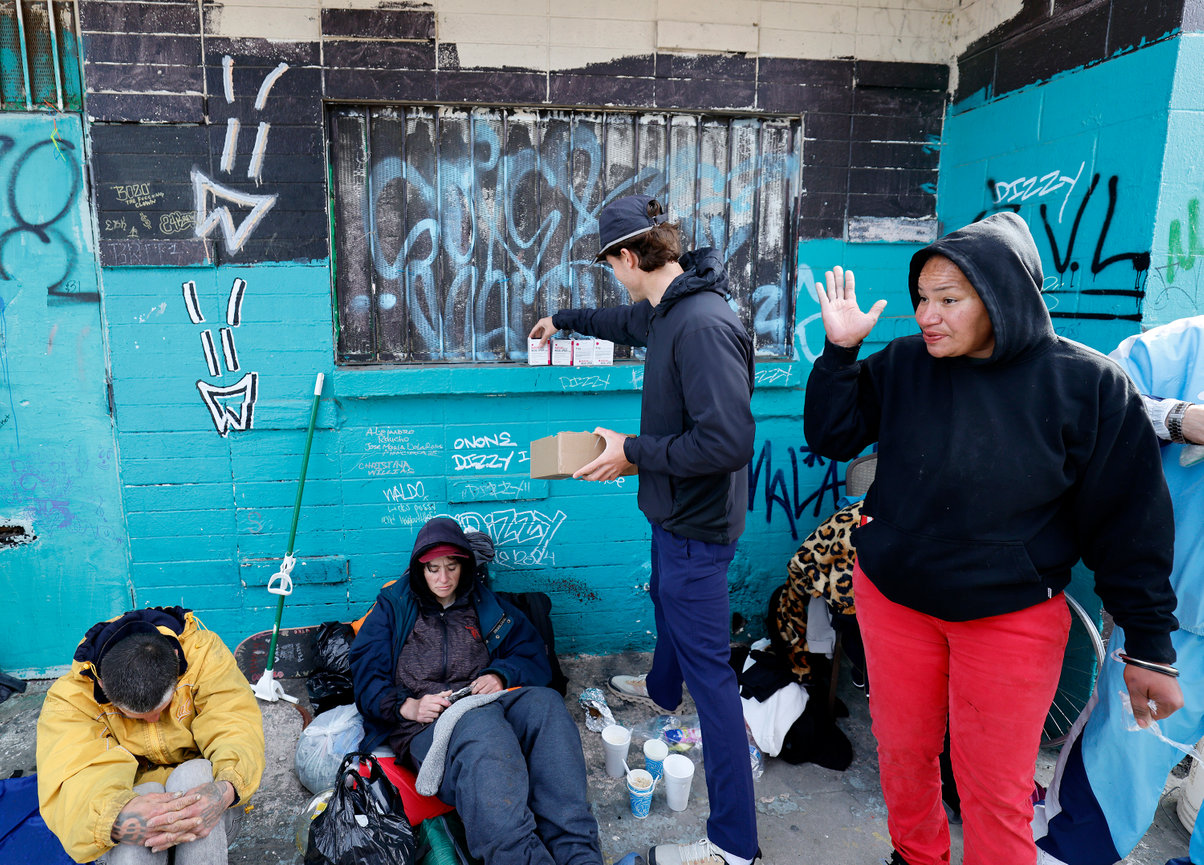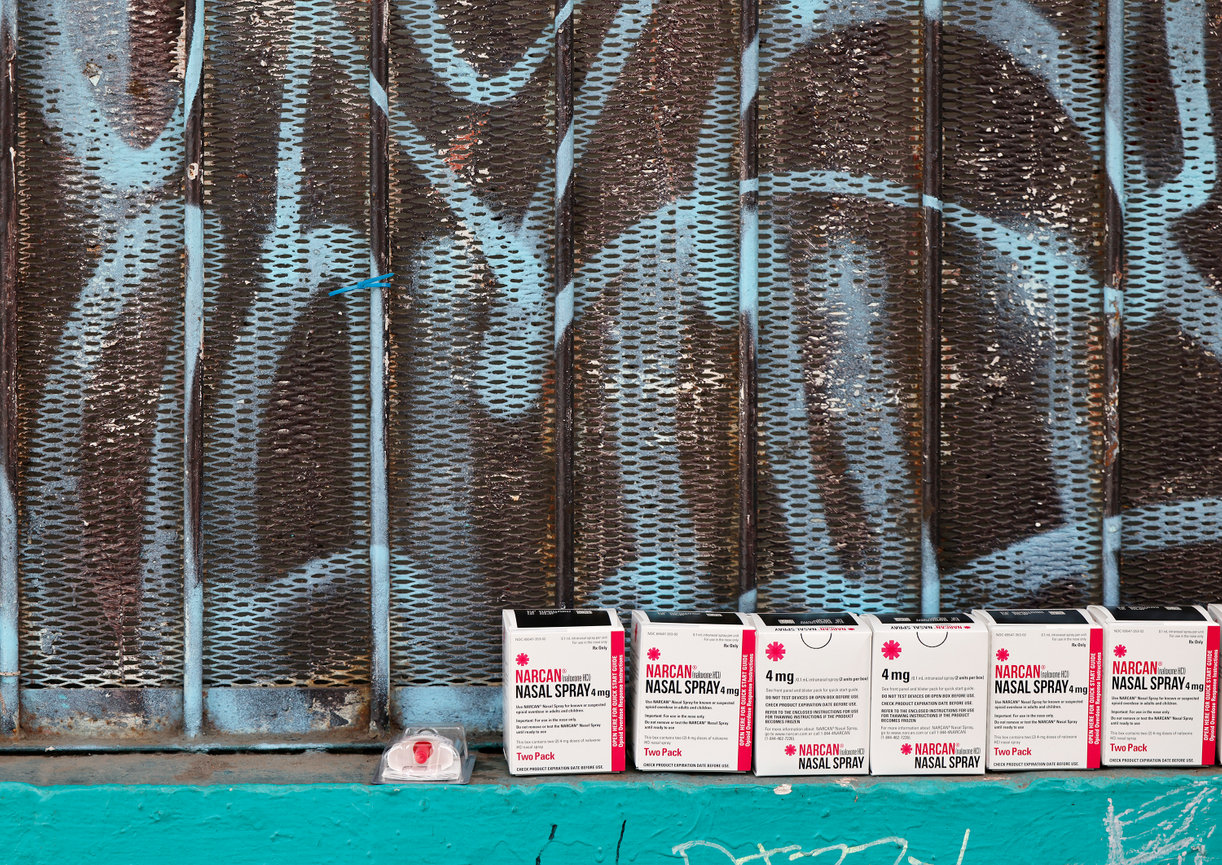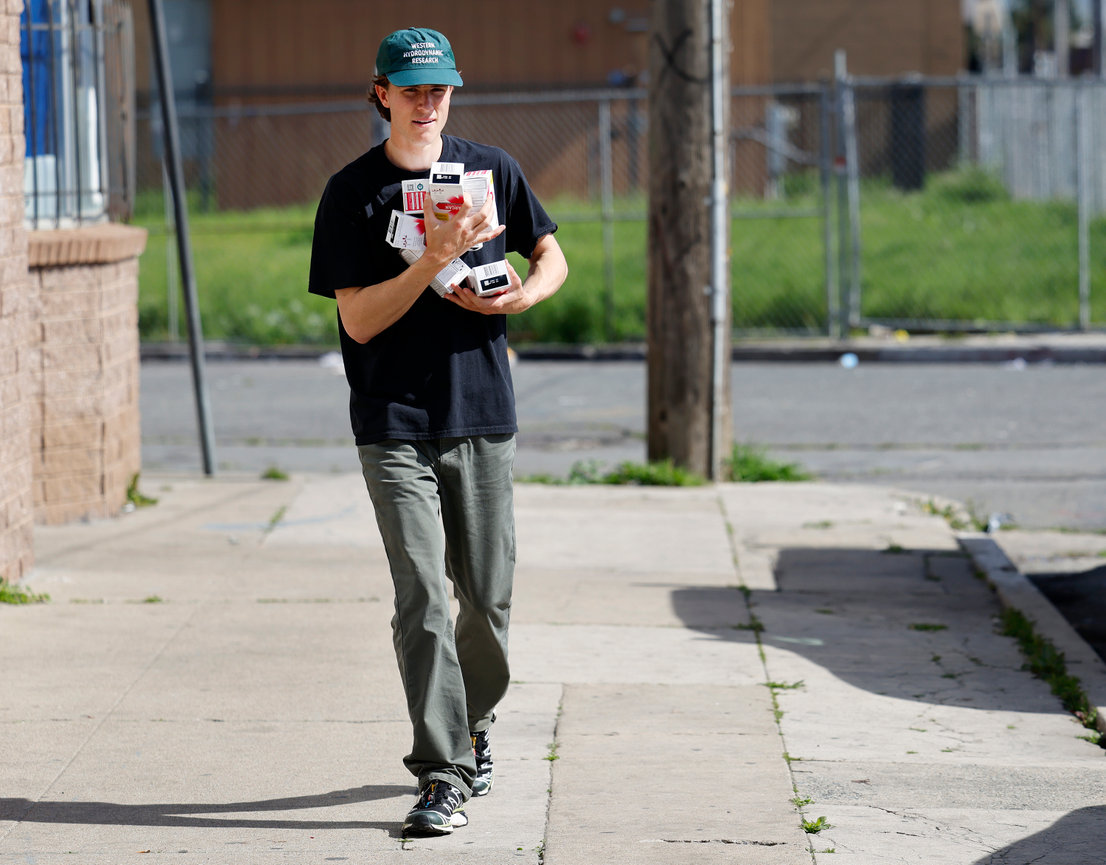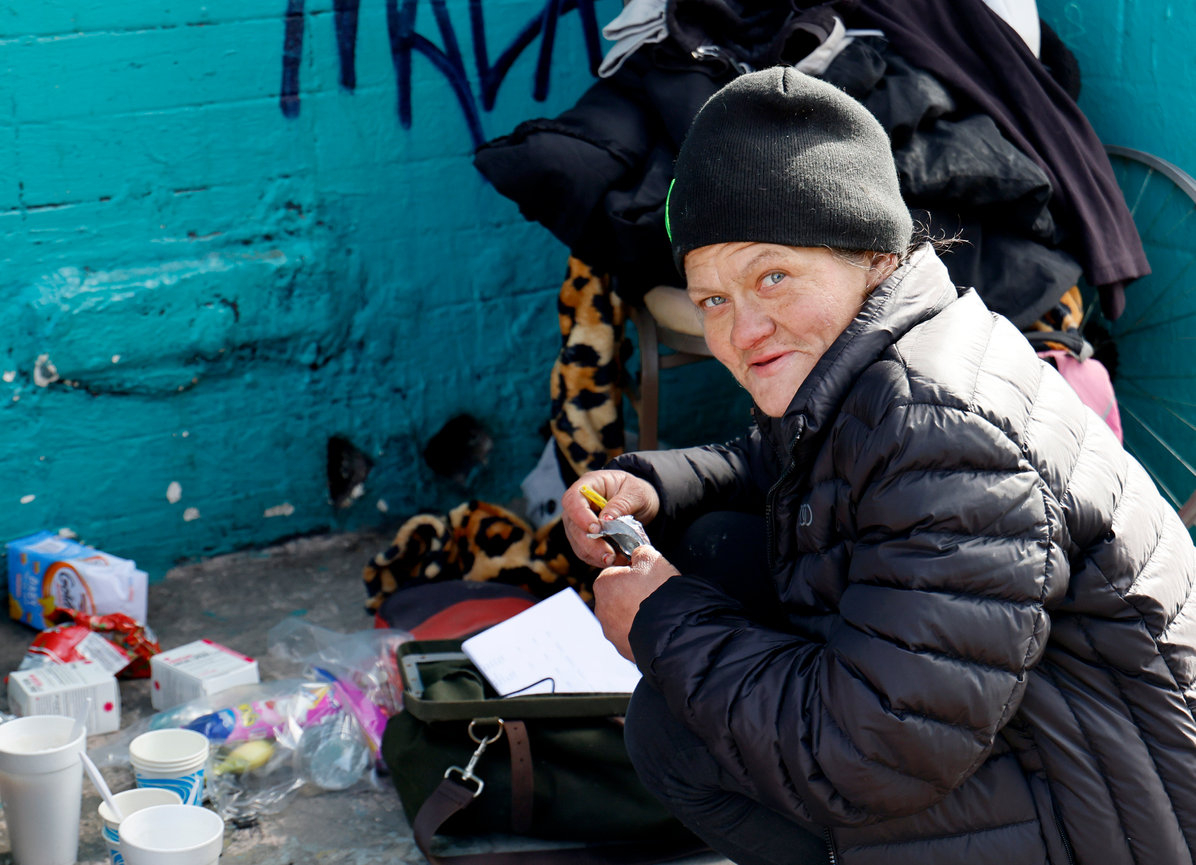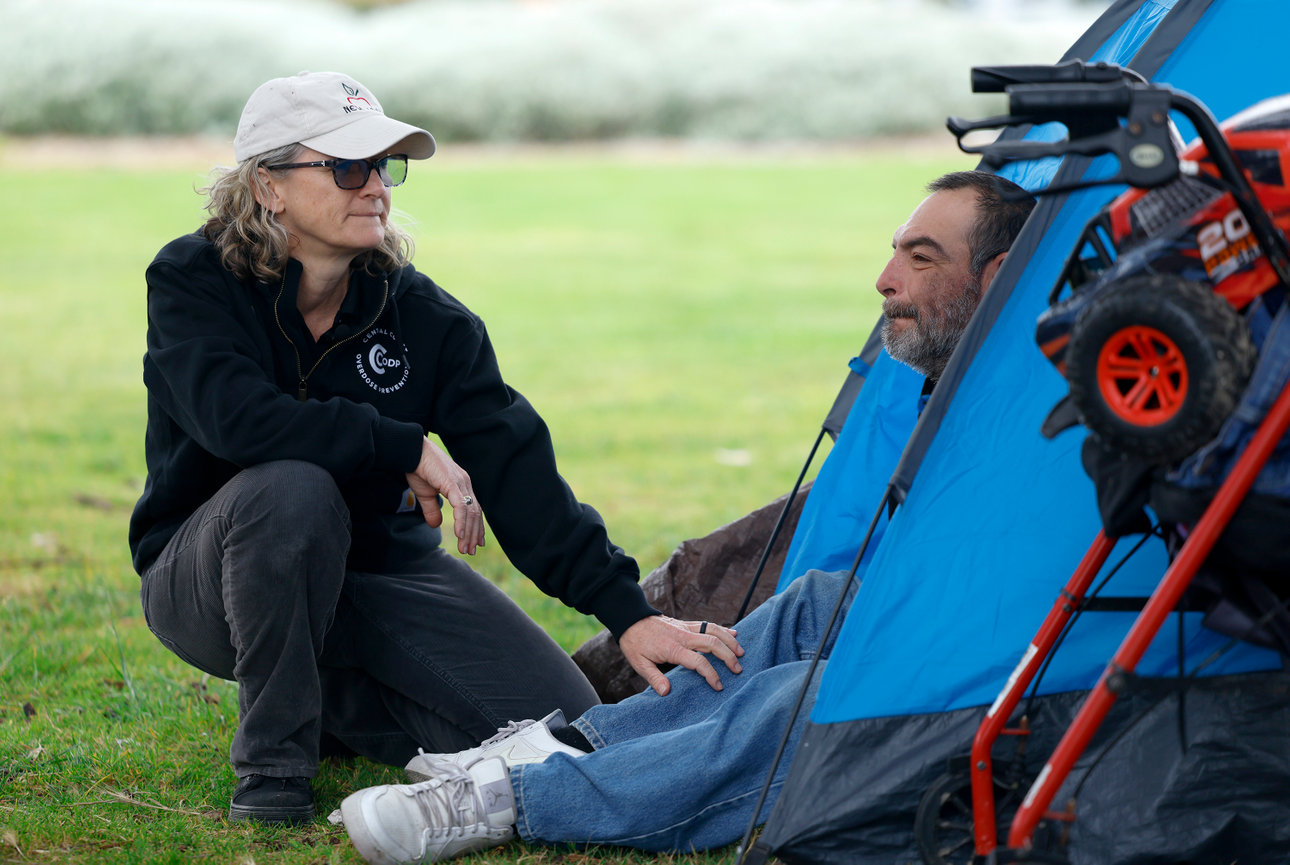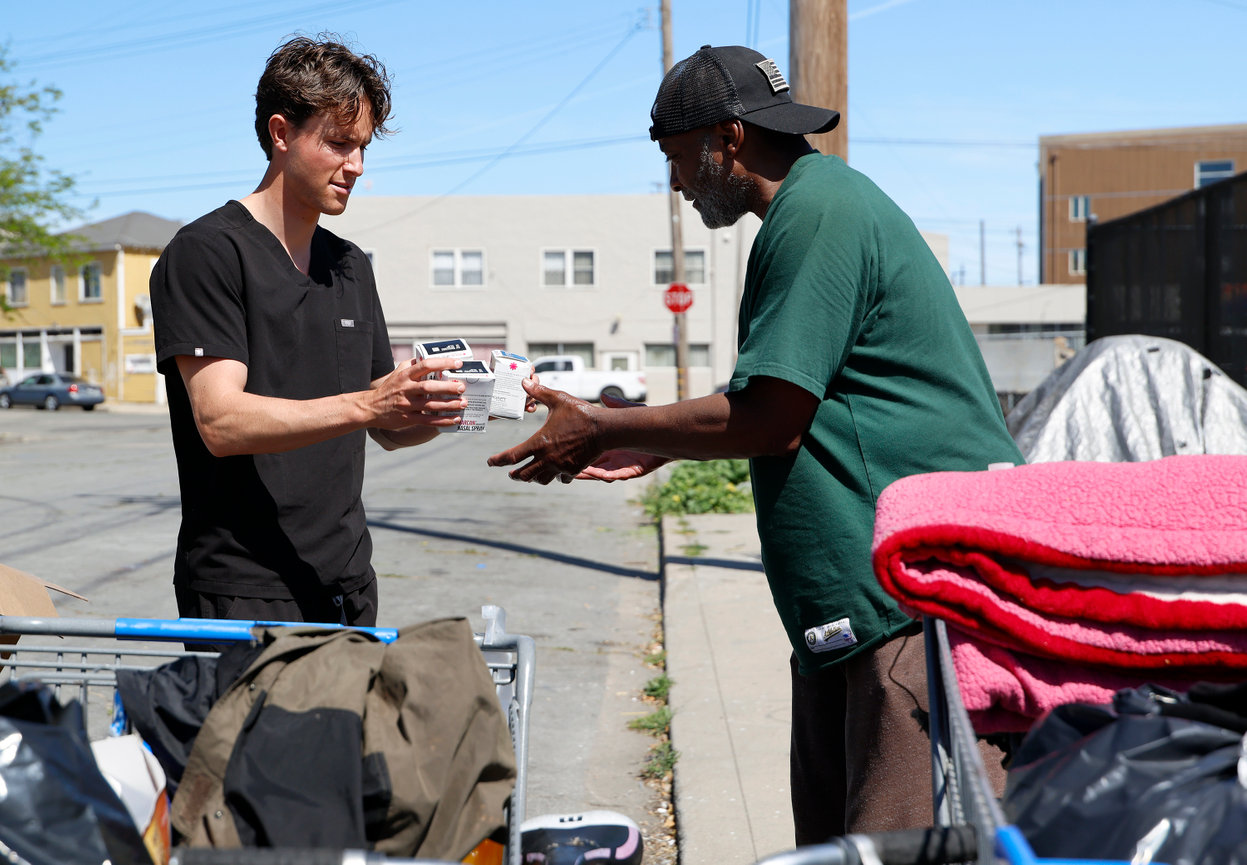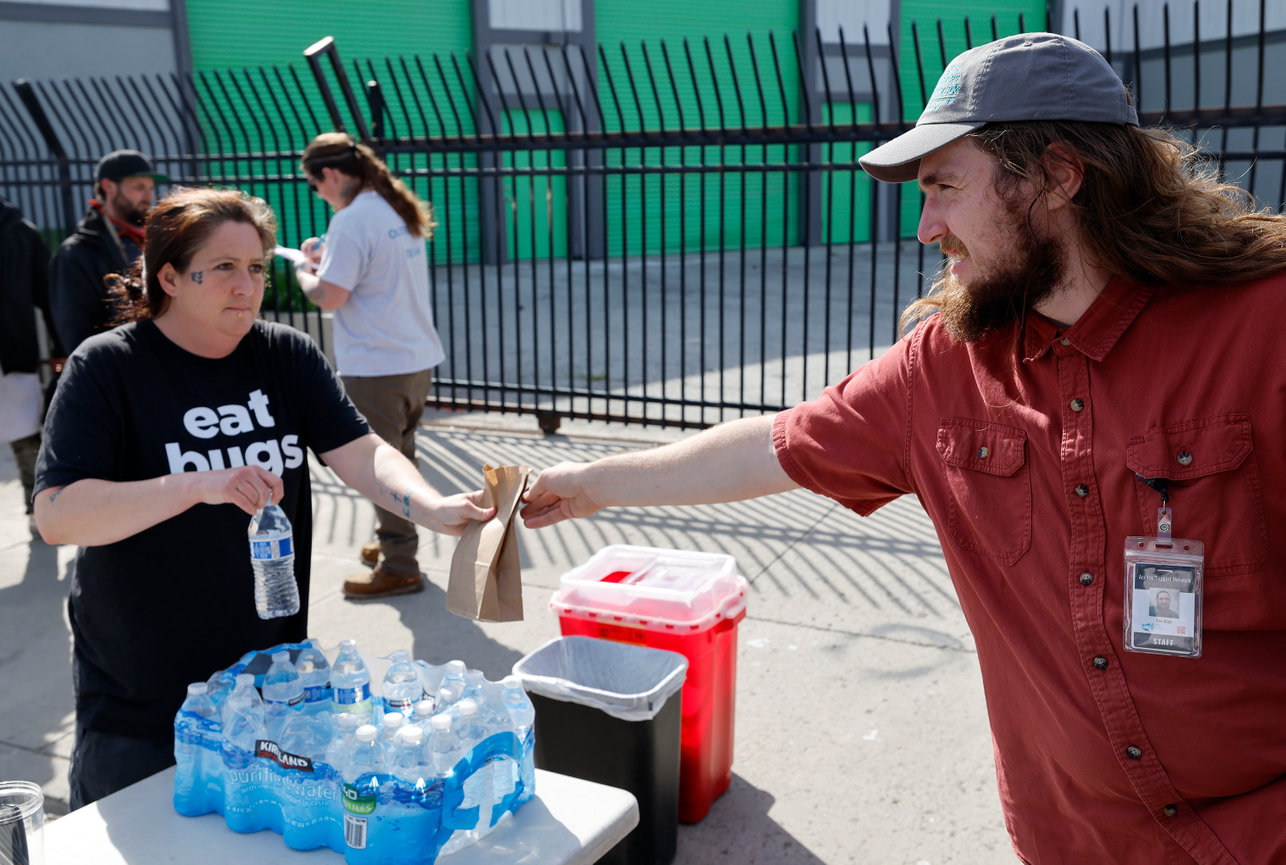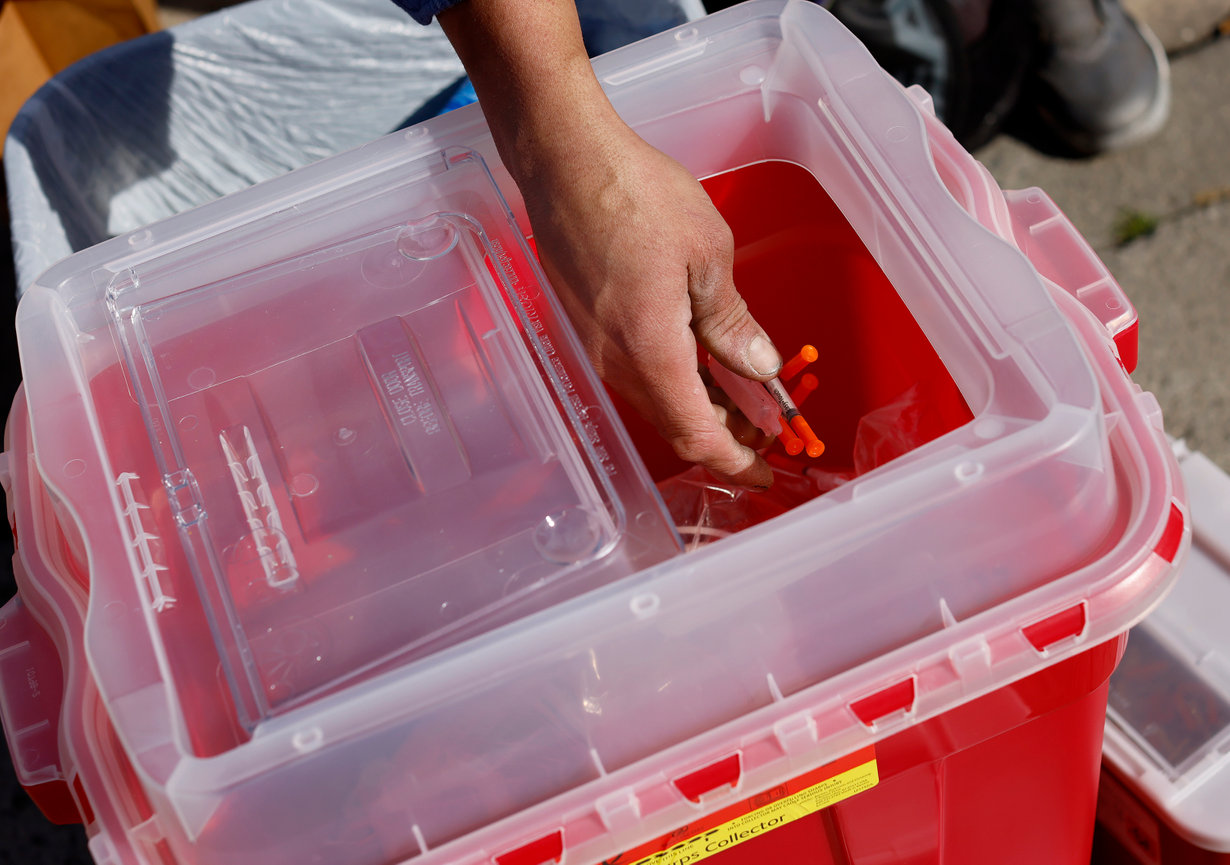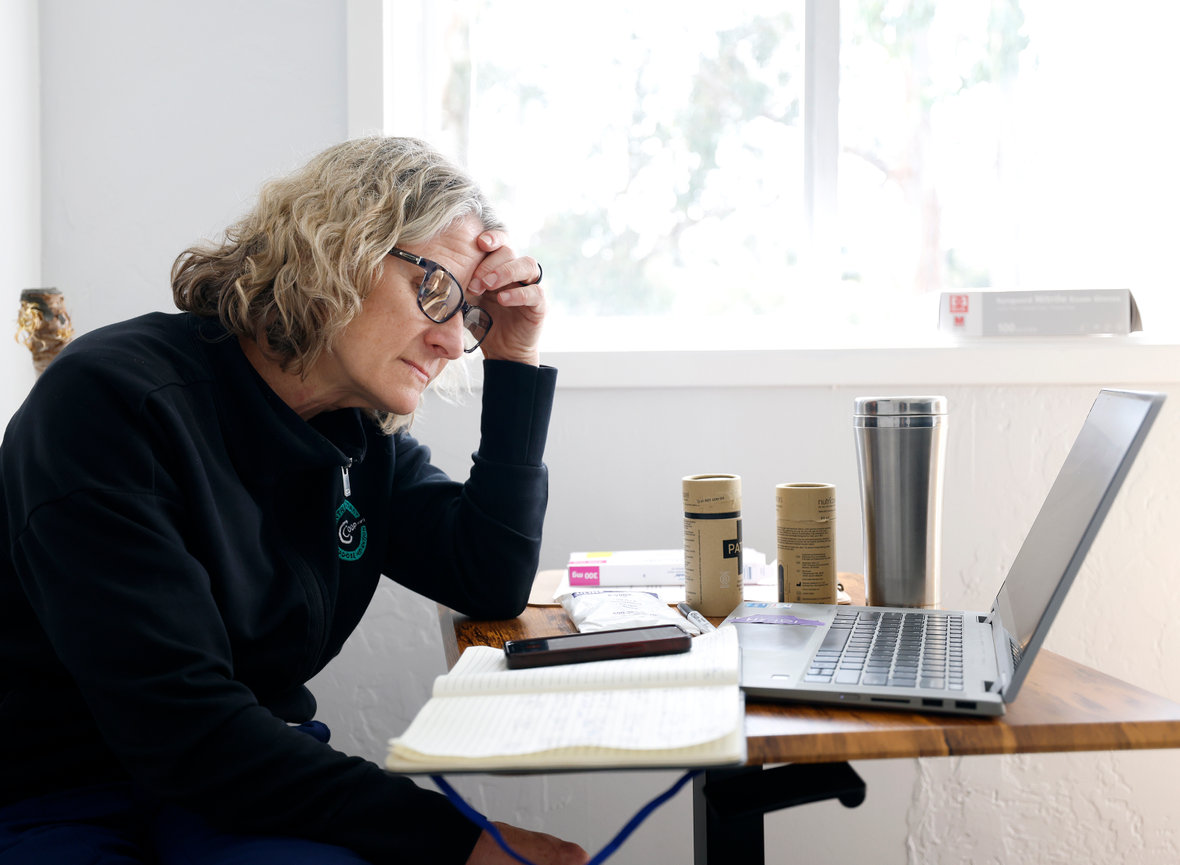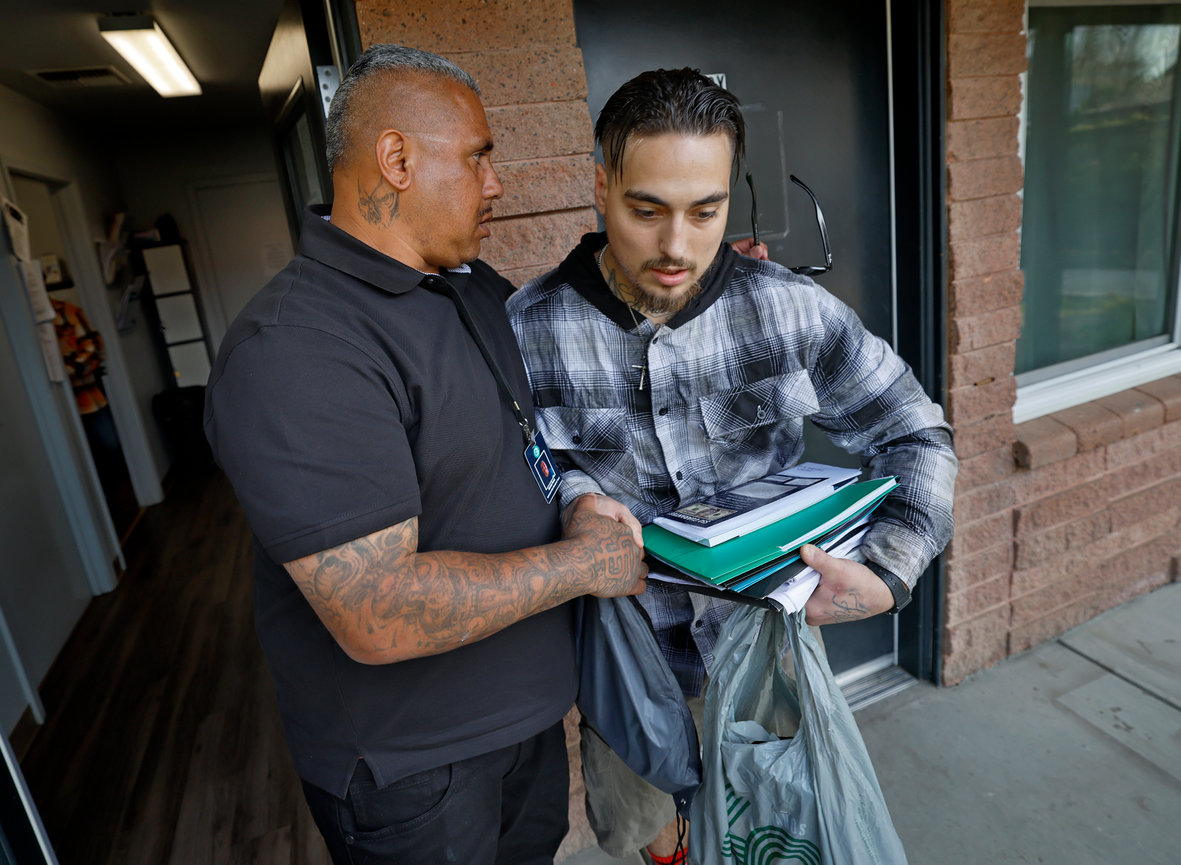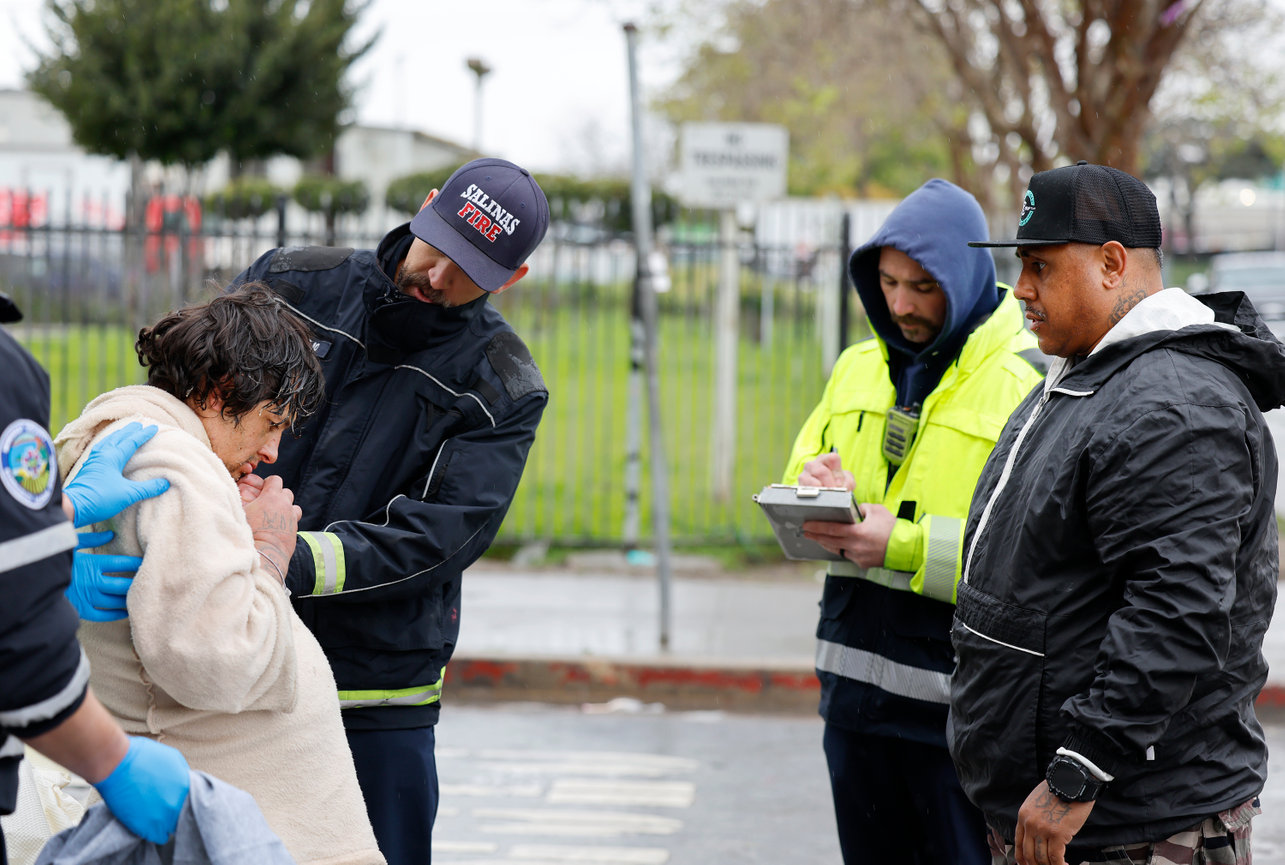Battling the Opioid Crisis: One Person at a Time in Monterey County
It's about 10:30 a.m. on a chilly Friday morning in February, and the streets of Chinatown in Salinas are crowded with tents and tarps. A white Ford F-150 rolls up and parks along Soledad Street. A team of five from Central Coast Overdose Prevention (CCODP) steps out to offer the unhoused people who live here a path forward—one without drugs.
Dr. Reb Close, Jeremy Reigart, Hector Perez, Anna Alamo-Lopez, and Aidan Pettit-Miller begin their rounds. Close greets one of her patients, while Perez and Reigart check in with familiar faces. Pettit-Miller grabs boxes of Narcan—which can reverse overdoses—and starts handing out doses, ensuring each person understands how to use it.
A woman approaches, curious about the medication. Nearby, a couple prepares to smoke drugs. Pettit-Miller talks to the woman about treatment options and demonstrates how to administer Narcan. She listens intently and says that she and her husband want help. Close joins the conversation, and together they meet the woman's husband. The couple expresses their desire to get sober. Close hands them her business card, offering direct support.
This is boots-on-the-ground outreach, patient by patient, addressing the opioid epidemic one person at a time. Their rounds take them to homeless encampments, the county jail, and juvenile hall. They use pharmaceuticals, housing referrals, and a listening ear to help those struggling with addiction.
CCODP was founded as a nonprofit in 2020 to eliminate overdoses, increase awareness, and improve access to treatment. The team works with multiple agencies, including the Monterey Police Department and County Probation Department, creating a unified front against the opioid crisis.
Leading the street team is Close, a former emergency room physician who saw patients return repeatedly, treating them only during medical emergencies. In 2012, she treated a 19-month-old who died of an overdose.
"That's when it crystallized for me that something dramatic had to change," Close says. So she took the fight to the streets, building partnerships that continue to grow because, as she says, "it has to."
